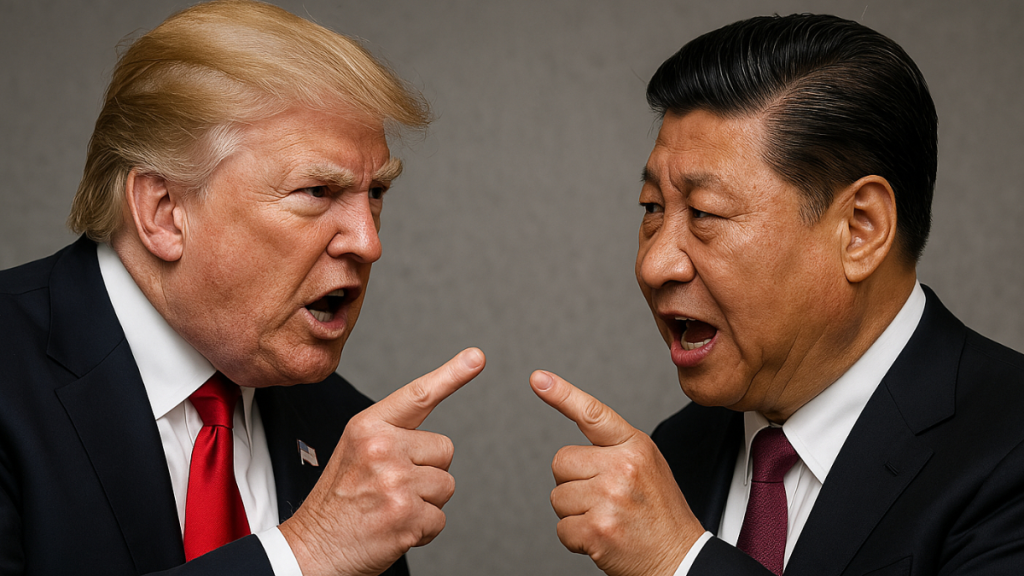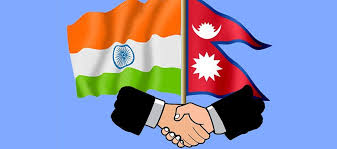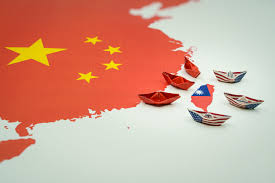China mulls rolling back retaliatory tariffs on some US goods

NEW DELHI: In a significant move in the ongoing trade war with the United States, China is considering exempting some American imports from its steep 125% retaliatory tariffs. The Ministry of Commerce has formed a task force to collect information from businesses and identify goods that could be eligible for exemptions, according to a source familiar with the discussions.
The move, first reported by Bloomberg, suggests that Beijing may be softening its hardline stance as fears of economic slowdown intensify. Financial magazine Caijing cited sources claiming that eight semiconductor-related items—though notably excluding memory chips—are being considered for exemption.
Meanwhile, a widely circulated list of 131 product categories, including vaccines, chemicals, and jet engines, has sparked speculation within business circles and on Chinese social media. Reuters has not independently verified the list.
The Ministry of Commerce and China’s customs department have yet to comment officially, despite repeated inquiries.
This potential rollback mirrors recent actions by Washington, which has already offered tariff relief on some electronic goods. It marks a rare sign of de-escalation in a trade conflict that has seen both countries lock horns over market access, intellectual property, and industrial policy.
While China has previously stated it would “fight to the end” unless US tariffs were lifted, the country’s internal economic struggles may be driving this more conciliatory tone.
China’s economy is grappling with weak demand, deflationary pressures, and consumer confidence that has yet to rebound post-pandemic. Exporters have been urged to shift focus to domestic markets, but many report lower profits and unstable demand.
Though tariff exemptions may slightly ease tensions with the US, they also reflect the pressure Beijing faces to stabilise its economy. The move may benefit US exporters and relieve some pressure on the Biden administration, while allowing China to offer modest relief to its struggling industries without making major concessions.










